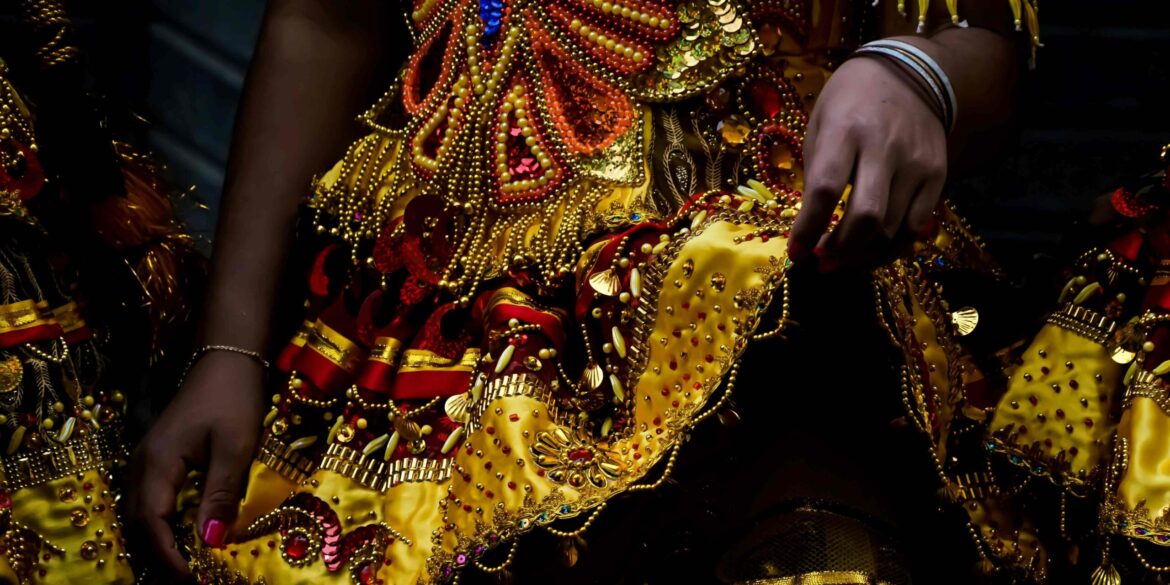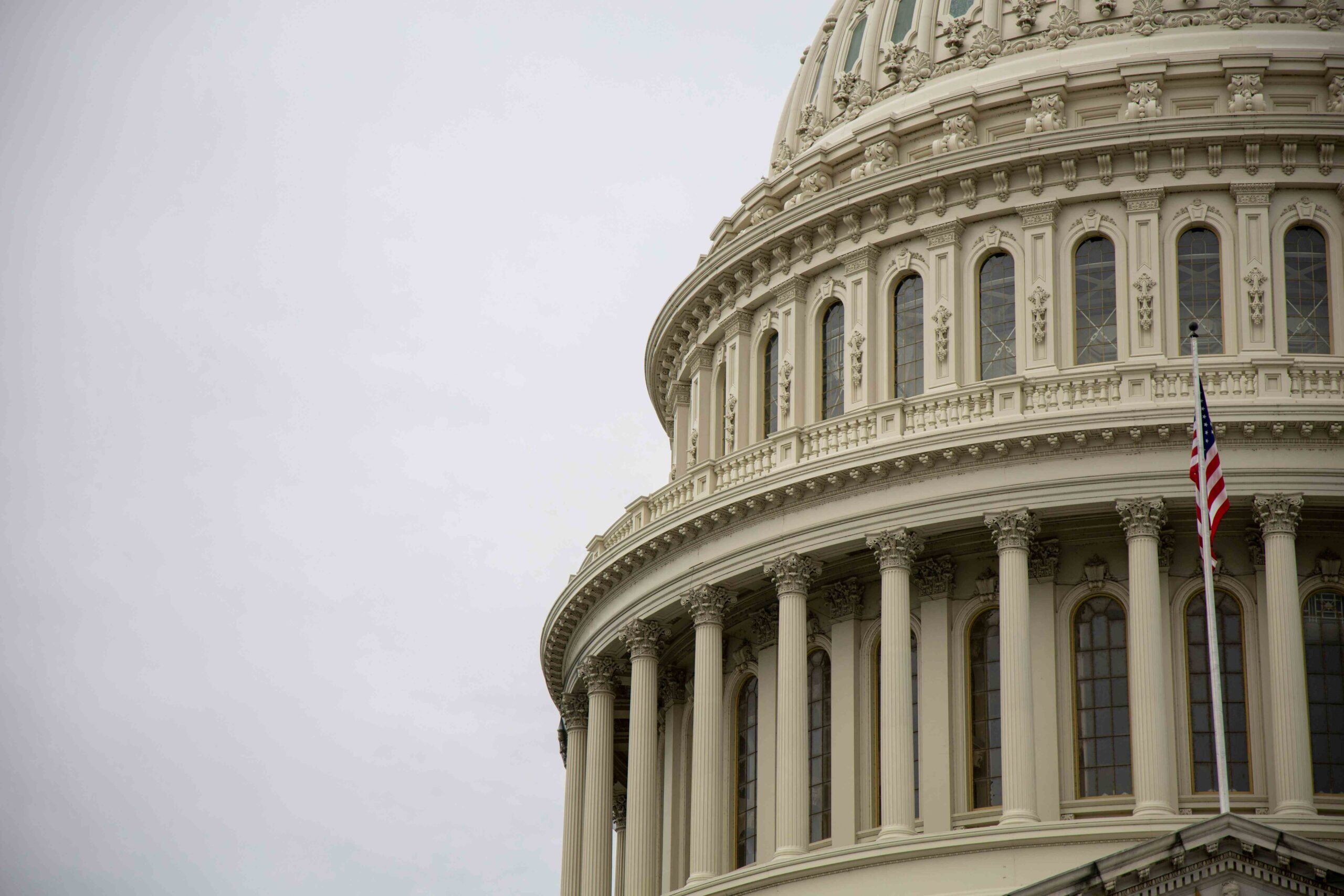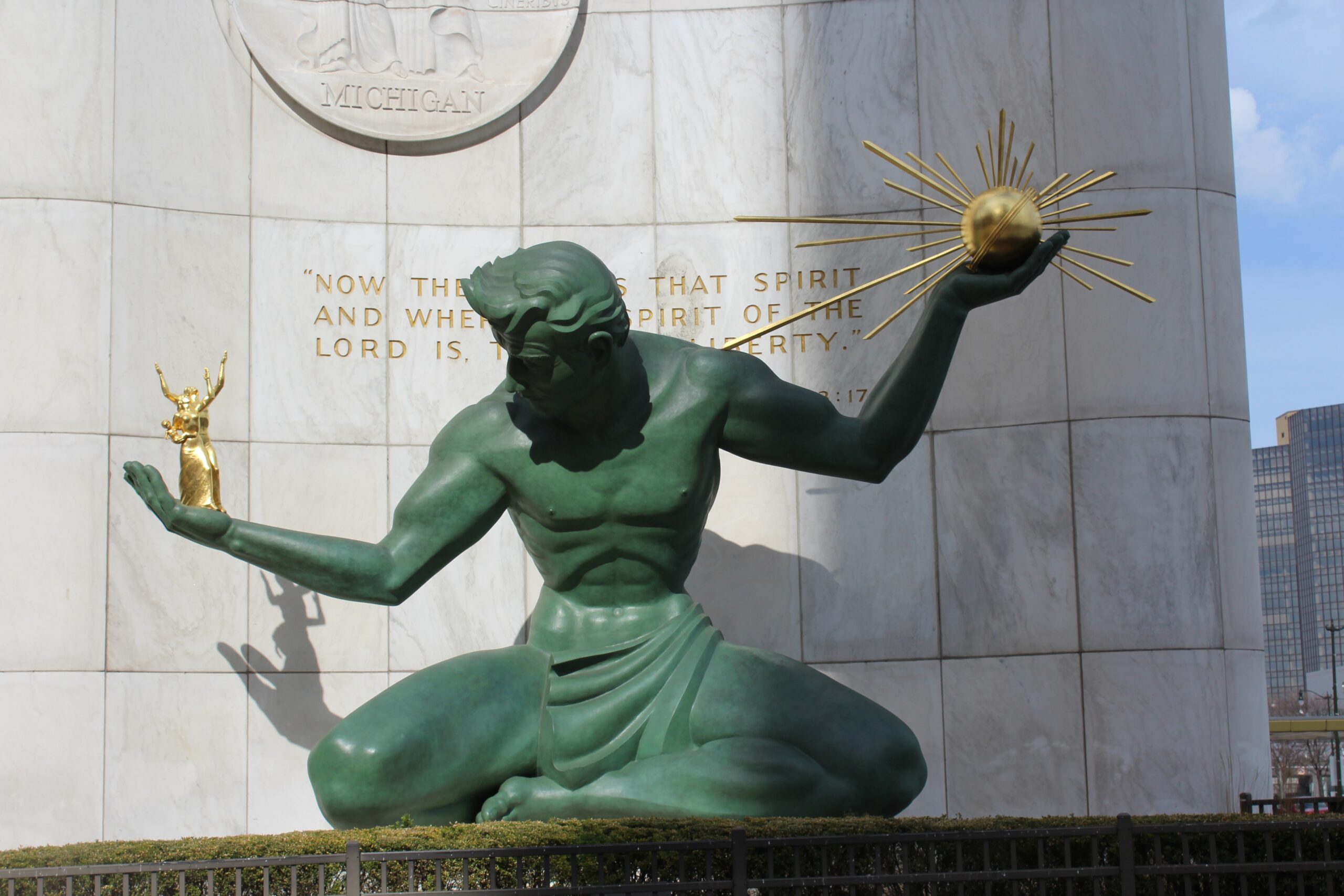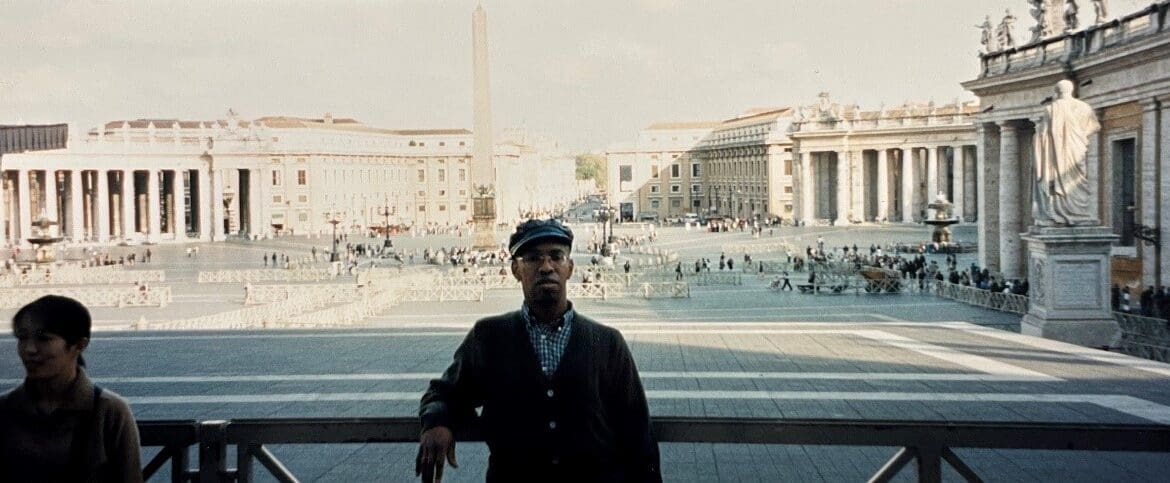In this final installment, I recount my second month dieting with Roland Barthes.
Emerging Immigrant’s Accents is about how language impacts our self image as we come to understand ourselves and our cultural beings.
The essay tells the story of the author's attempt to bridge the gap in political beliefs between himself and his uncle.
It recounts vignettes of my’s dad’s life, his final week, the deep bond with family and friends and the ease with which he let go of life.
This work addresses the issue of young women being underserved as health care patients, specifically through the lens of medical gaslighting.
This is from the experience of losing someone who you thought would be a part of your family, only to realize their journey was different.
It grew out of my personal experience researching Black history museums; but in reality, it began a lot earlier, maybe before I was born.
I share real world examples of why I believe the trans community uses empathy as a powerful tool to combat transphobia and promote self-love.
This piece situates me in a set of sour in-laws relationships that also involved the legal system and it is in the form of autoethnography.
Nothing prepared me for the xenophobia and homophobia I would encounter in Italy. No one warned me how to avoid becoming their victim
This autoethnographic essay offers a musing on the intricate relationship between language, writing and identity through an autoethnographic account of my reading and writing experience from childhood to present, and from China to the UK via Germany.
However, this autoethnographic piece helped me recognize the importance of levity even when the intellectual content is heavy.














